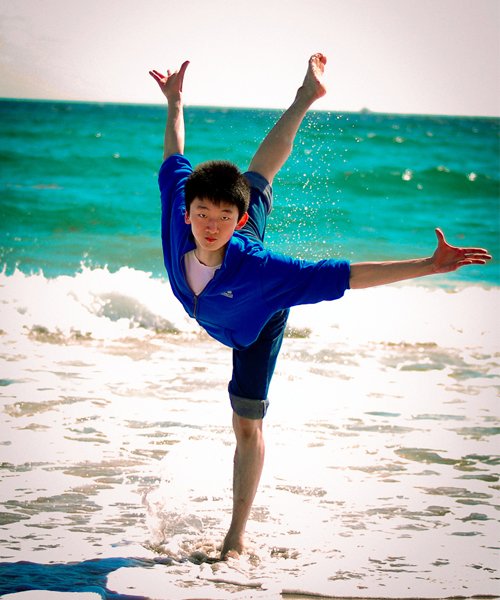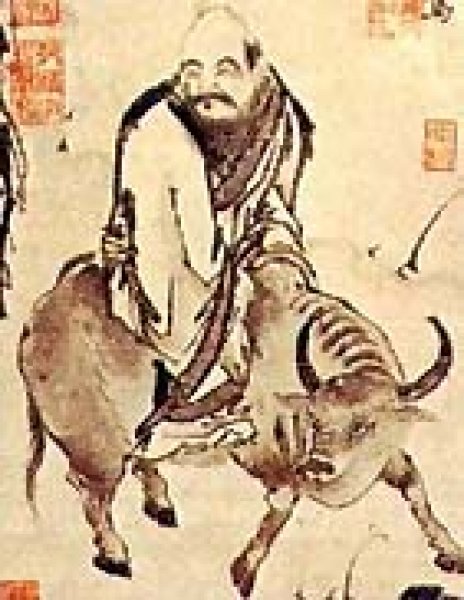
After a few months of rehearsing and performing with my new group, Shen Yun’s New York Company, I had already settled in comfortably. One day, someone asked me how I felt about not being a principal dancer anymore, and whether or not I felt “demoted.” I thought about this, and concluded that nothing could be further from the truth.
I never really cared where I was on stage, so long as I was part of Shen Yun. Being in Shen Yun has made me aware of my 5,000-year-old Chinese heritage more than ever before, whether it’s from our daily training in authentic classical Chinese dance, or from our studies in a version of Chinese history that is uncensored and untainted by the Chinese Communist Party.
I feel more Chinese here than in my years growing up in Beijing, where I felt my cultural and ethnic identity was more fittingly defined as Communist than Chinese. Being in Shen Yun has made me realize how proud I should be of my Chinese DNA, how gravely our people have suffered from the Party’s persecution and destruction of traditional culture, and how extremely honored I should feel to be playing a part—even if not a lead one—in fulfilling Shen Yun’s grand mission of reviving China’s long-lost culture and sharing it with the world through performing arts. If I could choose to be anywhere in the world, I would be right here doing exactly what we’re doing right now. What more could I ask for?
Being in a new company with many superstar principal dancers like Steven Wang, Rocky Liao, Tony Xue, Michelle Ren and Chealsea Cai, I realize I still have a long way to go before my level catches up to theirs and that I have a lot to learn from them. I also believe that once an artist has recognized himself as the ultimate best, then he has really sealed off all opportunities for improvement, because, there’s ALWAYS room for improvement.
Unlike ballet, where often most of the attention is focused on one or two soloists in the spotlight while the corps-de-ballet rarely get a chance to shine, classical Chinese dance choreography by Shen Yun is very different. In any given piece, everyone could be in the spotlight at the same time. An individual may suddenly flip out with a hair-raisingly impressive technique, only to disappear back into the ever-changing formation again. Even the taller dancers like myself receive plenty of chances to be in the center or the first row. It all depends on the choreography.
In rehearsals, everyone learns the same combinations, practices the same techniques and goes through the same stamina training. On stage, everyone executes the same movements during group dance sections and is expected to reach the same high level of technical skill.
When, after countless hours of work, 17 of us are able to dance on stage in perfect synchronization, we feel like one single body. We take over the stage as one dancer, whose prowess comes from the collective efforts of each individual. If everyone on stage—even the dancer in the far-back corner—were a lead dancer, and treated his part like a solo, then what would the dance be like? What would our show be like?
Nothing puts it better than an ancient Chinese proverb: “As the water’s level rises, the boat’s level rises.” (Trust me, it sounds better in Chinese…)

Lao-tsu, the founder of Daoism who lived around 2,500 years ago, deemed water as the highest virtue, and taught that “the ocean is the king of all valleys.” This is because water washes everything clean and nourishes the earth. Water in rivers and streams all flows down into the ocean—to the lowest parts on the surface of our planet, but it’s exactly this humility that bestows the huge body of water with incredible inner strength.
…Now that’s a philosophy I call: The Old Man and the Sea.
Anyways, when next year’s new dances come around the corner, which will be sooner than my friends can spell shenyunperformingarts.org, I wouldn’t mind at all if… No. Actually, I would be very honored, indeed, if I could be chosen to play the role of another old man with a beard.
The Old Man and the Beard (part 3)
March 16, 2011

